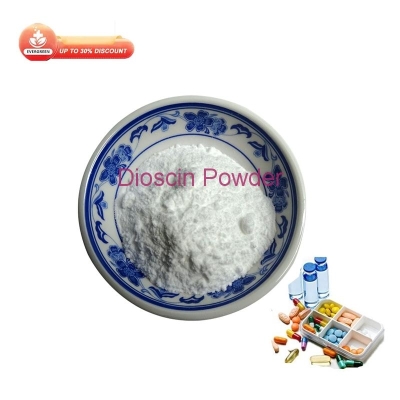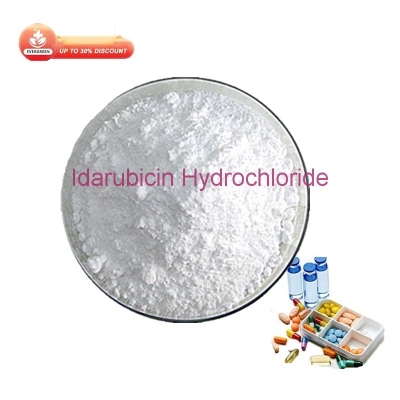-
Categories
-
Pharmaceutical Intermediates
-
Active Pharmaceutical Ingredients
-
Food Additives
- Industrial Coatings
- Agrochemicals
- Dyes and Pigments
- Surfactant
- Flavors and Fragrances
- Chemical Reagents
- Catalyst and Auxiliary
- Natural Products
- Inorganic Chemistry
-
Organic Chemistry
-
Biochemical Engineering
- Analytical Chemistry
- Cosmetic Ingredient
-
Pharmaceutical Intermediates
Promotion
ECHEMI Mall
Wholesale
Weekly Price
Exhibition
News
-
Trade Service
Cervical cancer is one of the most common gynecological malignancies
.
According to the latest global cancer burden data released by the International Agency for Research on Cancer (IARC) of the World Health Organization in 2020, there will be 600,000 new cases of cervical cancer worldwide and 340,000 new deaths from cervical cancer in 2020.
Human papillomavirus (HPV) infection, especially the persistent infection of high-risk HPV, is the primary cause of cervical precancerous lesions and cervical cancer
.
This infection is preventable.
In addition, HPV virus not only causes cervical cancer in women, but also causes genital warts, anal cancer and other diseases that can be afflicted by both men and women.
HPV6 and HPV11 cause about 90% of genital warts, and HPV16 and HPV18 cause about 70% of them.
Cervical cancer and anal cancer
.
Therefore, many countries vaccinate both men and women with HPV vaccine
On November 3, 2021, the international top medical journal "The Lancet" published a title from King's College London and the Public Health Agency of England titled: The effects of the national HPV vaccination programme in England, UK, on cervical cancer and grade 3 cervical intraepithelial neoplasia incidence: a register-based observational study
.
The study compared the incidence of cervical cancer and precancerous lesions before and after the start of the HPV vaccination program in the United Kingdom in 2008, and found that HPV vaccination led to a sharp decline in the incidence of cervical cancer and precancerous lesions, especially among young women In
.
This is also the first direct evidence that the bivalent HPV vaccine Cervarix successfully reduces the incidence of cervical cancer in the real world
Cervarix is a bivalent HPV vaccine developed by GSK.
It is approved by the FDA to prevent cervical cancer caused by HPV16 and HPV18 in women aged 10-25
.
From September 1, 2008, the UK began to receive this HPV vaccine free of charge
The research team evaluated the diagnostic data of cervical cancer and cervical precancerous lesions in women aged 20-64 who lived in England from January 1, 2006 to June 30, 2019
.
Compared with the reference cohort that was not vaccinated with HPV, the incidence of cervical cancer vaccinated at 12-13 years old decreased by 87%, vaccinated at 14-16 years old decreased by 62%, and vaccinated at 16-18 years old A reduction of 34%
.
Compared with the reference cohort that was not vaccinated with HPV, the incidence of cervical precancerous lesions vaccinated at 12-13 years old was reduced by 97%, at 14-16 years old, the incidence of cervical precancerous lesions was reduced by 75%, and at 16-18 years old The vaccination was reduced by 39%
.
The research team said that after the HPV vaccine free vaccination program was launched in the UK, the incidence of cervical cancer and cervical precancerous lesions in young women has dropped significantly, especially for women who were vaccinated at the age of 12-13
.
The HPV vaccine free vaccination program has almost eliminated cervical cancer in women born after September 1, 1995
The results of these studies clearly pointed out the benefits of widespread HPV vaccination, but even in developed countries like the United Kingdom, where HPV vaccination is free, the vaccination rate has not yet reached the WHO target of 90% vaccination rate for 15-year-old girls
.
This also shows that widespread HPV vaccination and complete elimination of cervical cancer are still facing challenges
Original source:
Original source:Milena Falcaro, et al.
The effects of the national HPV vaccination programme in England, UK, on cervical cancer and grade 3 cervical intraepithelial neoplasia incidence: a register-based observational study in this message







